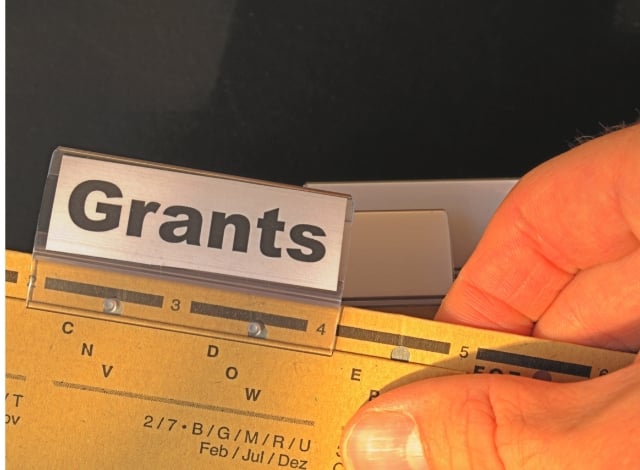Deadline: 02-Dec-2025
The Partnership Grants Scheme funds schools and colleges to work in partnership with STEM professionals from academia or industry to run an investigative STEM project.
Grants are available up to £3,000 for projects that highlight the topics, stories and people that are relevant to your local community, present science in new and interesting ways, encourage participation and involvement of the local community, provoke curiosity, interest and enthusiasm among those that take part, explore the experiences of historically underrepresented people, and are led.
Funding is paid directly to the school or college and must go into a school or college bank account. The funding should predominantly be used to buy equipment, with clear justification provided if a single piece of equipment takes up the majority of the budget. A limited amount of funding can be used to support travel for the STEM partner or teacher cover, provided it does not compromise the project’s primary focus on equipment. Certain costs are not eligible, such as consultancy fees, pre-prepared kits unless used as part of a wider investigation, normal departmental running costs, or projects outside the UK.
Schools funded through the scheme may also take part in events such as student conferences, Tomorrow’s Climate Scientists, and the Young Researcher Zone, offering opportunities to showcase their projects and inspire others.
To apply, each project must involve at least two partners: a member of staff from a UK school or college, known as the school partner, and a STEM professional from academia or industry, known as the STEM partner. The STEM partner must be actively working in a STEM-related role and cannot be retired or primarily focused on outreach or education. Projects must be research-based rather than activity-driven, and the title must be framed as a STEM-related question that students will attempt to answer. The project must run for at least one term, with longer durations strengthening applications.
Applications are judged on several criteria, with particular emphasis on the involvement of the STEM partner and the investigative element, both of which are double weighted in the review process. Judges look for sustained engagement between students and the STEM partner, the application of the scientific method, skill development such as data analysis, clear justification of equipment, and consideration of student diversity in participation. Strong applications also demonstrate a project legacy, showing sustainable benefits for students and the wider school community.
For more information, visit The Royal Society.
